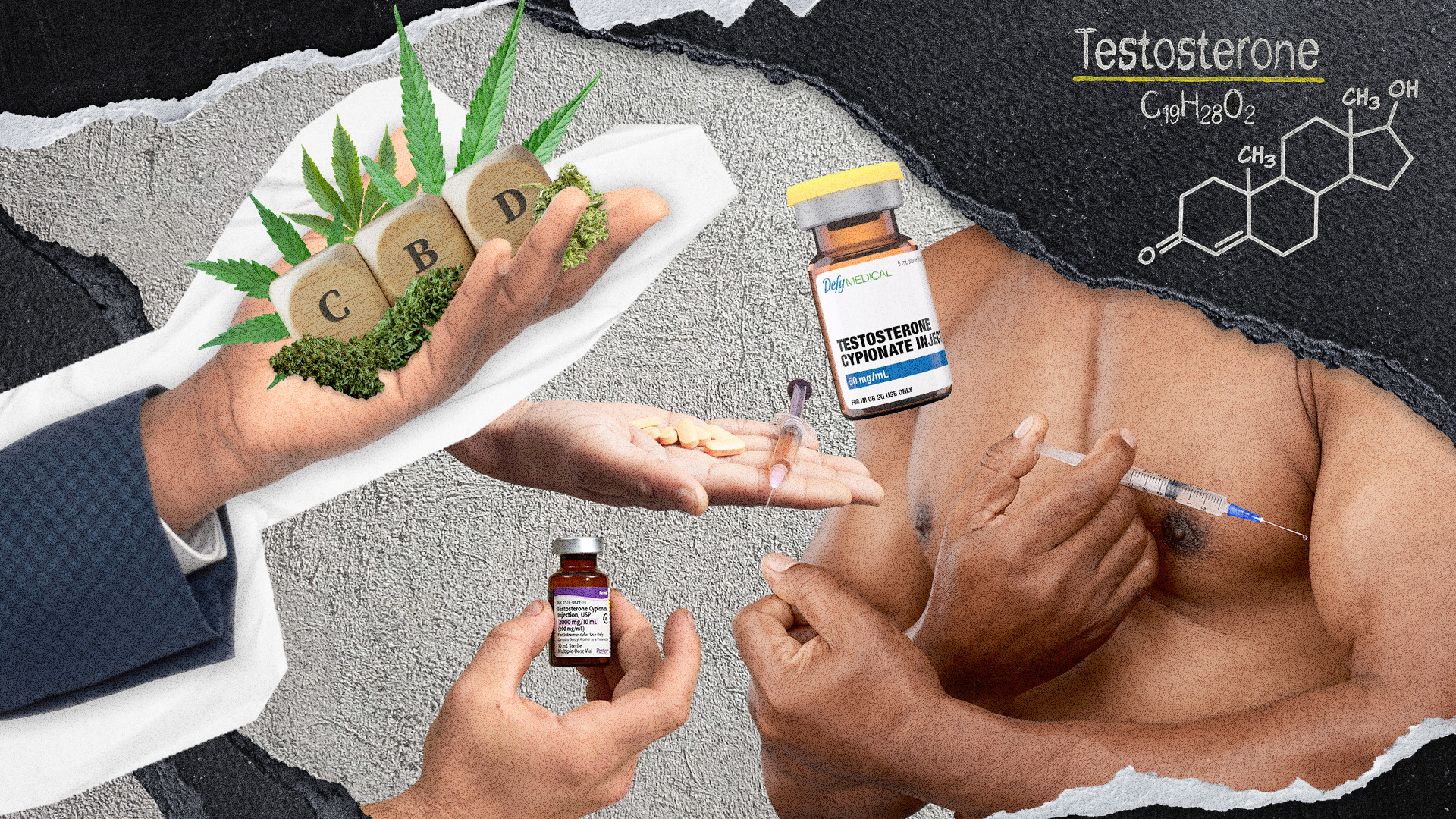New research from the researchers at the University College London has provided evidence that the cannabis compound called cannabidiol (CBD) can increase blood flow in regions of the brain linked to memory. This is amazing for those suffering from brain disorders that have a great impact on memory such as Alzheimer’s Disease. The parts of the brain associated with memory processing include the hippocampus, amygdala, cerebellum, and prefrontal cortex. Before we get into the research from the team at University College London, let us have a look at the respective regions of the brain.
Regions of The Brain Associated with Memory
- The Hippocampus: The main function of the hippocampus is dealing with complex memory. The region is involved in storing and making long-term memories more resistant to forgetting. It does this by projecting information to the cortical regions which means that it gives memories meaning and connects them to other memories. The hippocampus also plays a role in the spatial and navigation processing as well as in normal memory recognition.
- The Amygdala: The main function of the amygdala involves regulating emotions such as fear and aggression. The amygdala plays a role in how memory is stored, which is influenced by hormones. Its’ role includes something known as memory consolidation, which is the process of transferring new memories into long-term memory. The amygdala also facilitates the encoding of memories when the events of those memories involve emotional arousal.
- The Cerebellum: The main function of the cerebellum regarding memory involves procedural memory, which is a type of implicit memory. The procedural memory assists us with performance, and it is automatically retrieved and utilized for the functioning of our cognition and motor skills. The cerebellum allows us to use procedural memories without conscious control or attention for actions such as typing, tying shoes, and navigating social media platforms.
- The Prefrontal Cortex: One of the functions of the prefrontal cortex involves storing short-term memory. One of these regions’ most widely accepted functions is that it can encode task-specific information into the working memory. One cool fact of this region with regards to memory is that it is resistant to distractors when encoding information into our memory. This means that it only encodes the stimuli relevant to the task at hand, irrelevant information to the task is therefore excluded in the formation of the working memory for the task.
Types of Long-Term Memory:
Memory is categorized into two groups called the long-term memory and the short-term memory… of which long-term memory has sub-types of memory. Long-term memory is the brains’ system for storing, managing and retrieving information while the short-term memory is the system for keeping something in mind for a short period, which is then either dismissed or transferred to the long-term memory.
- Explicit memory which requires conscious thought and is what most individuals think of when they think of a memory. This type of memory is made up of episodic memory (which is where personal experiences are stored) and semantic memory (which is where facts and information are stored). An example of this memory includes summoning the facts from a textbook in order to complete an exam.
- Implicit memory does not require conscious thought and allows individuals to complete tasks and things by rote. This type of memory is often referred to as the automatic memory since the memory is automatically recalled in order function. An example of this memory includes using the different day to day activities such as brushing teeth or getting dressed.
- Autobiographical memory is a recollection of episodes from an individuals’ life which is formed based on personal experiences, objects, people, events, general knowledge, and facts. This memory has proven to be untrustworthy as the memory evolves to keep up with the times. In other words, how you remember it may not be exactly how it happened. An example of this memory includes thinking back to your childhood pet where the memory depicts the pet bigger than it was.
Now that we are clued up on memory, let us have a look at how the cannabis compound CBD can be used to increase the cerebral blood flow in regions of the brain related to memory.
A Study Shows Evidence That CBD Boosts Blood Flow in the Brain
Cannabidiol (CBD) became the first cannabis-derived compound to be approved by the FDA for medicinal use on conditions such as epilepsy. The FDA approval of the compound means that better research can be conducted on its benefits and effects. Now, a recent study conducted by Dr. Michael Bloomfield and his team stated that CBD may reduce symptoms related to psychosis and anxiety as well as that the hippocampus blood flow increased significantly, even after just one dose.
The same study also yielded evidence that CBD can be used to improve memory function. The common stigma attached to cannabis use includes forgetfulness, which is why the fact that CBD may improve memory seems counterintuitive. Well, it appears that the memory impairment linked to the cannabis compound known as tetrahydrocannabinol (THC) can be negated by the CBD. The study also focused on measuring the effects of CBD through the cerebral blood flow of the areas related to memory processing. The team took on 15 healthy participants with little to no history with cannabis, scanned their brains using a magnetic resonance imaging (MRI) technique called “arterial spin labeling” and then they administered a placebo or a 600mg capsule of CBD. After the administration of a single dose, the participants were scanned again.
The results displayed that there was a significant increase in blood flow in the hippocampus after the single CBD dose. The study also found out that there was a notable increase in blood flow in the orbitofrontal cortex, which is the part of the brain involved in decision making. The study also noted that there was no increase in blood flow in the surrounding areas of the medial temporal lobe.
Dr. Bloomfield stated that “to our knowledge, this is the first study to find that CBD increases blood flow to key regions involved in memory processing, particularly the hippocampus. If replicated, these results could lead to further research across a range of conditions characterized by changes in how the brain processes memories, including Alzheimer’s disease, where there are defects in the control of blood control flow, along with schizophrenia and post-traumatic stress disorder”.
The results of this randomized control study open the door for researchers to investigate the means of using this discovery to establish effective treatment for conditions related to memory. On top of that, this study offers hope to those who have long believed that their cannabis consumption will ruin their memory processing. However, the study did make use of single doses, which may not mean that the same results will be reached through repeated use. Just as Dr. Bloomfield said, “the precise mechanisms underlying the effects of CBD on memory are unclear”.
Author, Share & Comments
















